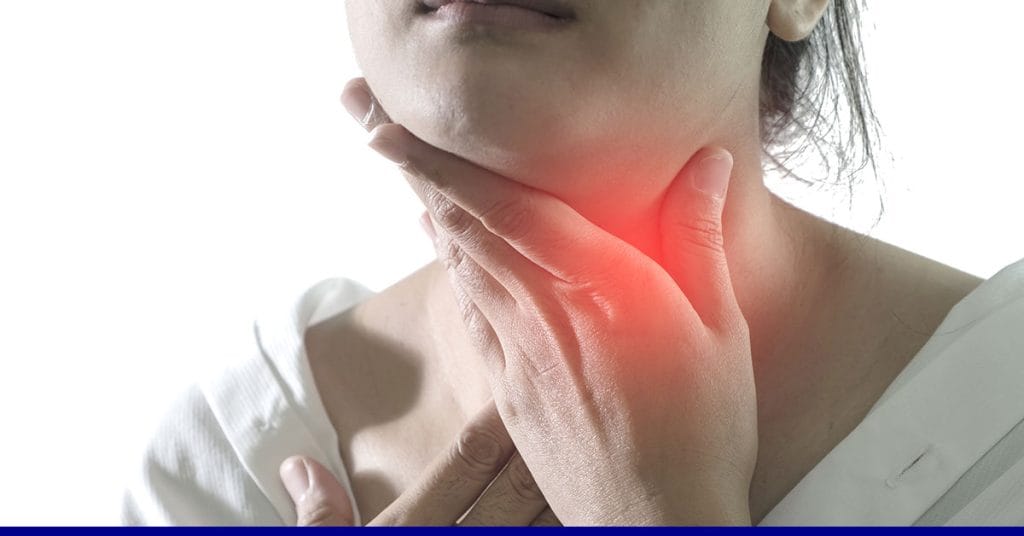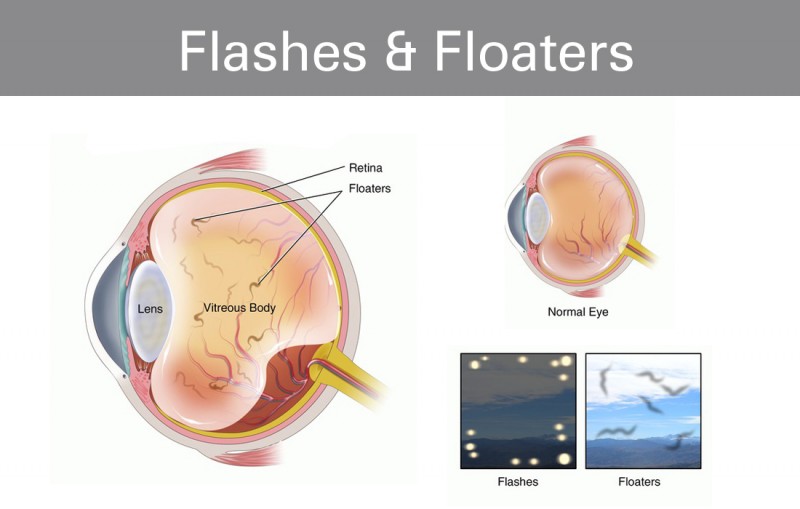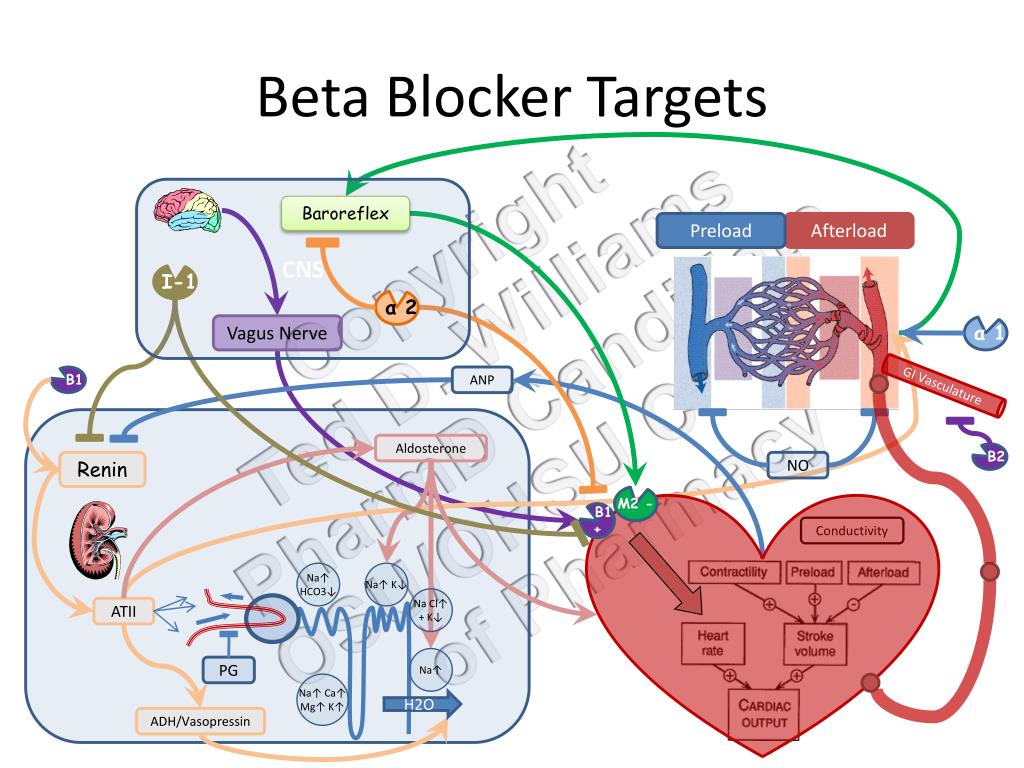Thyroid Alert - Decoding the Essential Tests for Accurate Diagnosis

Recognizing the Red Flags: Symptoms of Thyroid Disease
Thyroid disease can manifest in various ways, and being aware of the potential symptoms is crucial for early detection and accurate diagnosis. Keep an eye out for these red flags:
Unexplained Weight Gain or Loss
Unintentional weight changes can be a sign of thyroid dysfunction. Weight gain may indicate hypothyroidism, while weight loss could be a symptom of hyperthyroidism.
Fatigue, Weakness, or Mood Swings
Feeling tired, weak, or experiencing mood swings without an apparent reason can be indicative of thyroid issues. Hypothyroidism may cause fatigue, while hyperthyroidism may lead to anxiety or irritability.
Changes in Appetite, Sleep Patterns, or Bowel Movements
Thyroid disease can affect digestion and metabolism, leading to changes in appetite, sleep patterns, or bowel movements. Hypothyroidism may cause constipation, while hyperthyroidism may lead to diarrhea.
Hair Loss, Dry Skin, or Cold Intolerance
Hypothyroidism can cause hair loss, dry skin, and cold intolerance due to decreased metabolism and hormone production.
Irregular Menstrual Cycles or Fertility Issues
Thyroid disease can affect reproductive health, leading to irregular menstrual cycles or fertility issues. Hypothyroidism can cause heavier or lighter periods, while hyperthyroidism may lead to lighter or more frequent periods.
The Diagnostic Toolbox: Crucial Tests for Thyroid Disease
Accurate diagnosis is the cornerstone of effective thyroid disease management. A comprehensive diagnostic approach involves a combination of tests to assess thyroid function, detect autoimmune diseases, and evaluate thyroid structure. Here, we delve into the essential tests that help decode thyroid health.
TSH (Thyroid-Stimulating Hormone) Test: Gauging Thyroid Hormone Production
The TSH test measures the levels of thyroid-stimulating hormone produced by the pituitary gland. High TSH levels indicate hypothyroidism (underactive thyroid), while low levels suggest hyperthyroidism (overactive thyroid). This test serves as the initial screening tool for thyroid dysfunction.
Free T4 and Free T3 Tests: Evaluating Thyroid Hormone Levels
These tests assess the levels of free thyroxine (FT4) and free triiodothyronine (FT3) in the blood, providing insight into thyroid hormone production and metabolism. Abnormal levels may indicate hypothyroidism or hyperthyroidism, helping guide treatment decisions.
Thyroid Antibody Tests: Uncovering Autoimmune Thyroid Disease
Thyroid antibody tests detect the presence of antibodies against thyroid proteins, indicating autoimmune thyroid disease, such as Hashimoto's thyroiditis or Graves' disease. This information helps diagnose and manage conditions like goiter, nodules, or thyroiditis.
Thyroid Ultrasound: Visualizing Thyroid Gland Structure
Thyroid ultrasound uses high-frequency sound waves to create images of the thyroid gland, allowing for the assessment of gland size, texture, and nodules. This non-invasive test helps identify thyroid abnormalities, such as goiter, nodules, or cysts.
Fine-Needle Aspiration Biopsy: Investigating Thyroid Nodules or Tumors
Fine-needle aspiration biopsy involves removing a small sample of cells from thyroid nodules or tumors using a thin needle. This test helps determine whether nodules are benign or malignant, guiding further treatment and management.
Unraveling the Test Results: What Do They Mean?
Receiving test results can be a daunting experience, especially when it comes to thyroid function. Deciphering the numbers and understanding what they indicate is crucial for accurate diagnosis and treatment. Let's break down the key test results and their implications.
TSH Levels: The Thyroid Stimulator
TSH (Thyroid-Stimulating Hormone) levels are a critical indicator of thyroid function. High TSH levels typically suggest:
- Hypothyroidism (underactive thyroid): The pituitary gland produces more TSH to stimulate the thyroid gland, indicating a lack of thyroid hormones.
On the other hand, low TSH levels may indicate:
- Hyperthyroidism (overactive thyroid): The pituitary gland produces less TSH, as the thyroid gland is already producing excessive hormones.
Free T4 and Free T3 Levels: The Thyroid Hormones
Free T4 (FT4) and Free T3 (FT3) levels measure the amount of thyroid hormones available for use by the body. Abnormal levels confirm thyroid disease:
- Low FT4 and FT3 levels: Hypothyroidism
- High FT4 and FT3 levels: Hyperthyroidism
Thyroid Antibody Presence: The Autoimmune Indicator
The presence of thyroid antibodies indicates an autoimmune thyroid disease, such as Hashimoto's thyroiditis or Graves' disease. This occurs when the immune system mistakenly attacks the thyroid gland.
Thyroid Ultrasound and Biopsy Results: Visualizing the Thyroid Gland
Thyroid ultrasound and biopsy results provide a detailed look at the thyroid gland's structure and function. Abnormal results may reveal:
- Nodules or cysts on the thyroid gland
- Thyroid gland enlargement (goiter)
- Thyroid cancer
Understanding these test results is crucial for accurate diagnosis and treatment. Consult with your healthcare provider to discuss your results and determine the best course of action.
Taking Control: Next Steps After Diagnosis
Receiving a thyroid diagnosis can be overwhelming, but taking control of your health is crucial for effective management. Here's what you need to do next:
Consult a Specialist for Personalized Treatment
After diagnosis, consult a specialist, such as an endocrinologist, to discuss personalized treatment options. They will assess your condition and develop a tailored plan to manage your thyroid disease.
Medication and Lifestyle Changes for Disease Management
Your specialist may prescribe medication to regulate your thyroid hormone levels. Additionally, making lifestyle changes such as:
- Eating a balanced diet rich in iodine and nutrients
- Exercising regularly
- Managing stress
can help manage your condition and improve overall health.
Regular Monitoring and Follow-up Tests
Regular monitoring and follow-up tests are crucial to track your progress and adjust treatment plans as needed. Your specialist may recommend:
- Thyroid function tests (TSH, Free T4, Free T3)
- Thyroid antibody tests
- Ultrasound or biopsy (if nodules or tumors are present)
Surgical Intervention for Nodules or Tumors
In some cases, surgical intervention may be necessary to remove nodules or tumors. Your specialist will discuss the risks and benefits of surgery and determine if it's the best course of action for your specific situation.















Comments ()